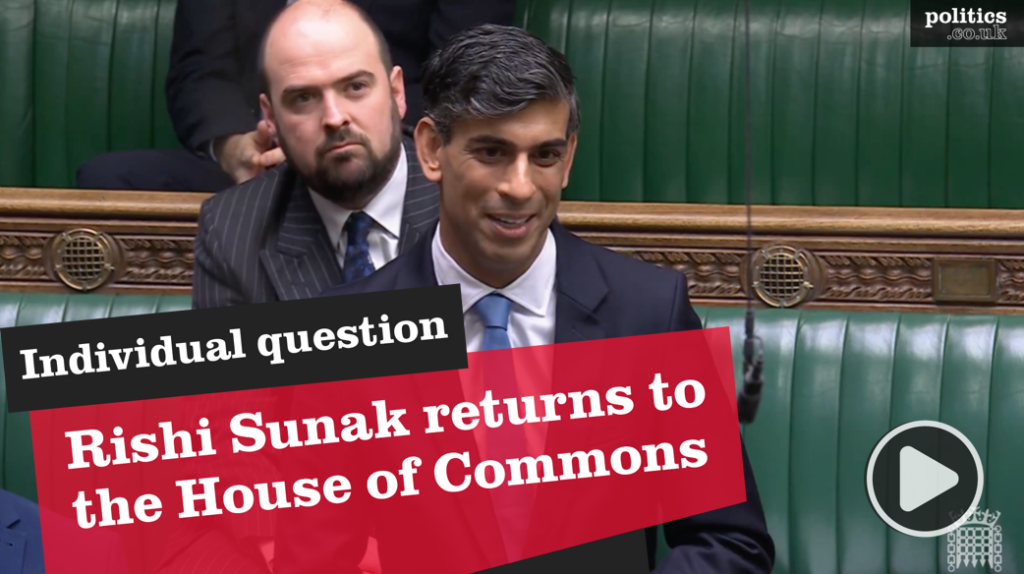GDP better than expected means government may have more tax revenues at its disposal
Commenting on ONS data that showed monthly GDP fell by 0.5% in December 2022, leading to an overall estimate of a flat economy in the final quarter of the year, Kitty Ussher, Chief Economist at the Institute of Directors, said:
“Back in August, the Bank of England predicted we would be in a full-blown recession by now. However, today’s data shows their forecasts were far too pessimistic and, to date, the technical definition of a recession has been avoided. Private sector weakness is mainly in the consumer-facing sectors, but this is compensated for by stronger activity elsewhere.
“In fact, the main drivers of the weak economy in December were a fall in public sector activity, notably health and education, combined with the postponement of usual sporting fixtures. If it were not for those factors, the economy would have grown on the quarter.
“This has two implications. First that the Bank may need to raise interest rates a little further to squeeze out inflation. And second, that the government may find it has higher tax revenues at its disposal when it considers its options for the Budget to be held on March 15th.”











